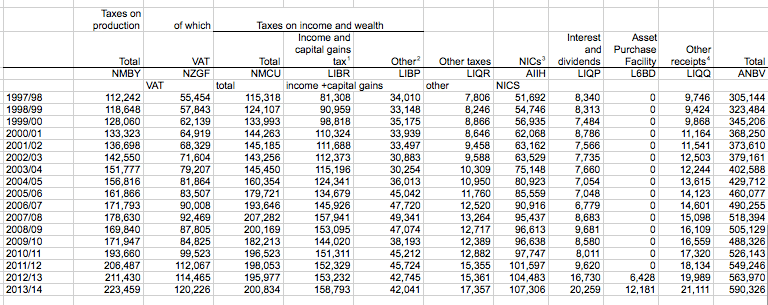Question: How much loss can a firm make before going Bankrupt?
Readers Question: How Much Loss Can A firm Make before going Bankrupt? Firms who make a loss, will not necessarily close down. There are various ways that firms can keep going Borrowing from Bank. Bank will offer loans if it considers the firm is likely to make a profit in the future. Selling shares. A …

